When Apple and silicon startup Rivos recently settled a high-profile trade secret theft lawsuit out of court after nearly 3 years of legal conflict, many industry observers took notice.
The case underscored growing trade secret protections around American tech innovations against unauthorized foreign access. But it also illuminated ongoing workforce talent competition across Silicon Valley giants and aspiring disruptors.
This article breaks down the Apple/Rivos legal fight, explains key learnings regarding trade secrecy, and explores what the settlement signals about ethical employee recruitment in cutthroat tech markets.
Inside Apple’s Trade Secret Theft Allegations Against Rivos
Apple ignited controversy in 2021 by suing Rivos, an integrated circuit design startup.
Rivos attracted scrutiny by hiring nearly 40 former Apple engineers over 2020. Apple alleged employees improperly transferred confidential chip design and architecture documents to aid Rivos.
The iPhone maker previously utilized Rivos’ talent pool to design power efficiency technology for its A-series mobile chips. It sought financial damages from resulting IP loss.
Trade Secret Specifics
Specifically, Apple accused Rivos of acquiring and abusing manufacturing, firmware, and hardware schematics for recent iPhone and iPad models in developing competing chips.
Additionally, code and documentation for Apple’s cost- and performance-optimization algorithms and design validation methodologies comprised other allegedly stolen elements.
Legal Arguments in the Case
Apple sought permanent injunctions halting Rivos’ use of disputed IP in current and future products. Financial restitution aimed reimbursing associated losses around long term engineering investments.
Rivos conversely argued activities remained above board without non-compete clauses transgressed. It claimed staff turnover simply spread industry experience legally.
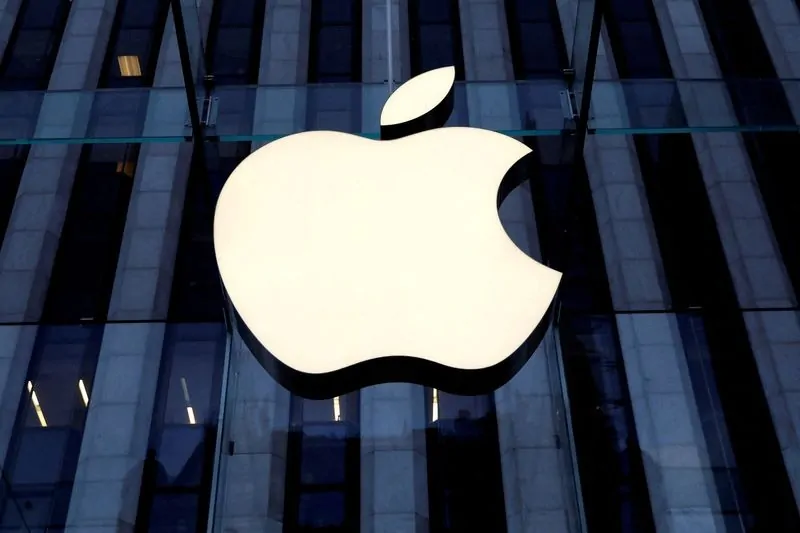
Assessing the Wider Implications of the Settlement
When examining Apple and Rivos burying the hatchet after an undisclosed agreement, a few key themes emerge across tech industries:
Trade Secrecy and Intellectual Property Protections Expanding
This outcome demonstrates courts siding with tech firms enforcing proprietary protections, especially regarding overseas competitors amid ongoing nationalism.
Look for further judicial blocks on foreign entity IP acquisitions of sensitive American innovations like semiconductor fabrication techniques.
Talent Revolving Doors Spin Fast Between Competitors
The sheer volume of Apple-to-Rivos staff migration suggests balancing employee free agency against company confidentiality proves increasingly untenable.
Non-compete limits face scrutiny but expect enhanced data security steps like compartmentalized access and stringent collaboration restrictions on sensitive projects.
Ethical Recruitment Stands Out
While not conclusively unlawful, Rivos’ targeted recruiting and prior Apple ties seems somewhat alienating.
Contrast with Tesla welcoming Ford engineers without expectations around proprietary methods. The same professionalism gets extended reciprocally.
Positive culture cultivation means avoiding antagonistic Talent acquisition.
Key Takeaways on Protecting Trade Secrets
Beyond the specific Apple/Rivos spat, several best practices emerge for technology companies aiming to protect advantages:
Clearly Communicate Expectations
Ensure strong non-disclosure agreements are systematically signed during onboarding processes across engineering and business operations to set clear boundries.
Restrict Data Access
Implement tiered permission protocols limiting viewing proprietary documentation to strictly key personnel. Surveillance around extraordinary data transfers also pays dividends.
Obscure Design Elements
Masking aspects of chip layouts, algorithms or chemical processes via incremental iteration or obfuscation raises reverse engineering difficulty.
Encrypt Files
above all, enact robust symmetric and asymmetric encryption securing stored IP assets like schematics or process documentation from prying eyes.
Preserving an Ethical Competitive Landscape
As high technology races accelerate, economic incentives risk overshadowing collaborative ideals that catalyzed epic innovations.
Fostering fair labor mobility without punishing success remains integral attracting exceptional talent across emerging firms.
But so are proportionate controls and consequences defending hard-fought intellectual property investments underpinning internationally envied innovation leadership.
The Apple/Rivos settlement represents progress unifying legal protections, ethical norms and competitive spirits directing american tech into the future.
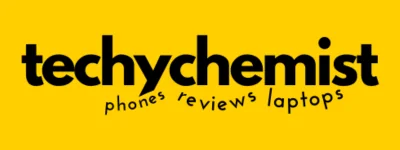

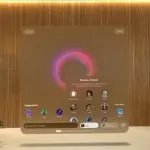
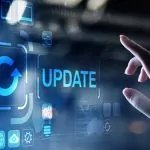



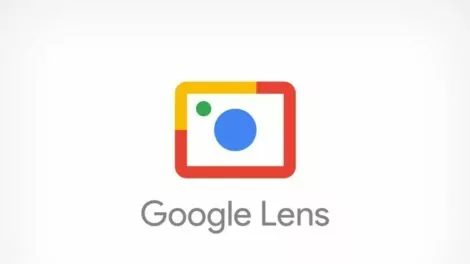
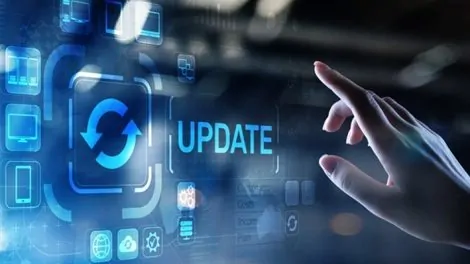
Add Comment